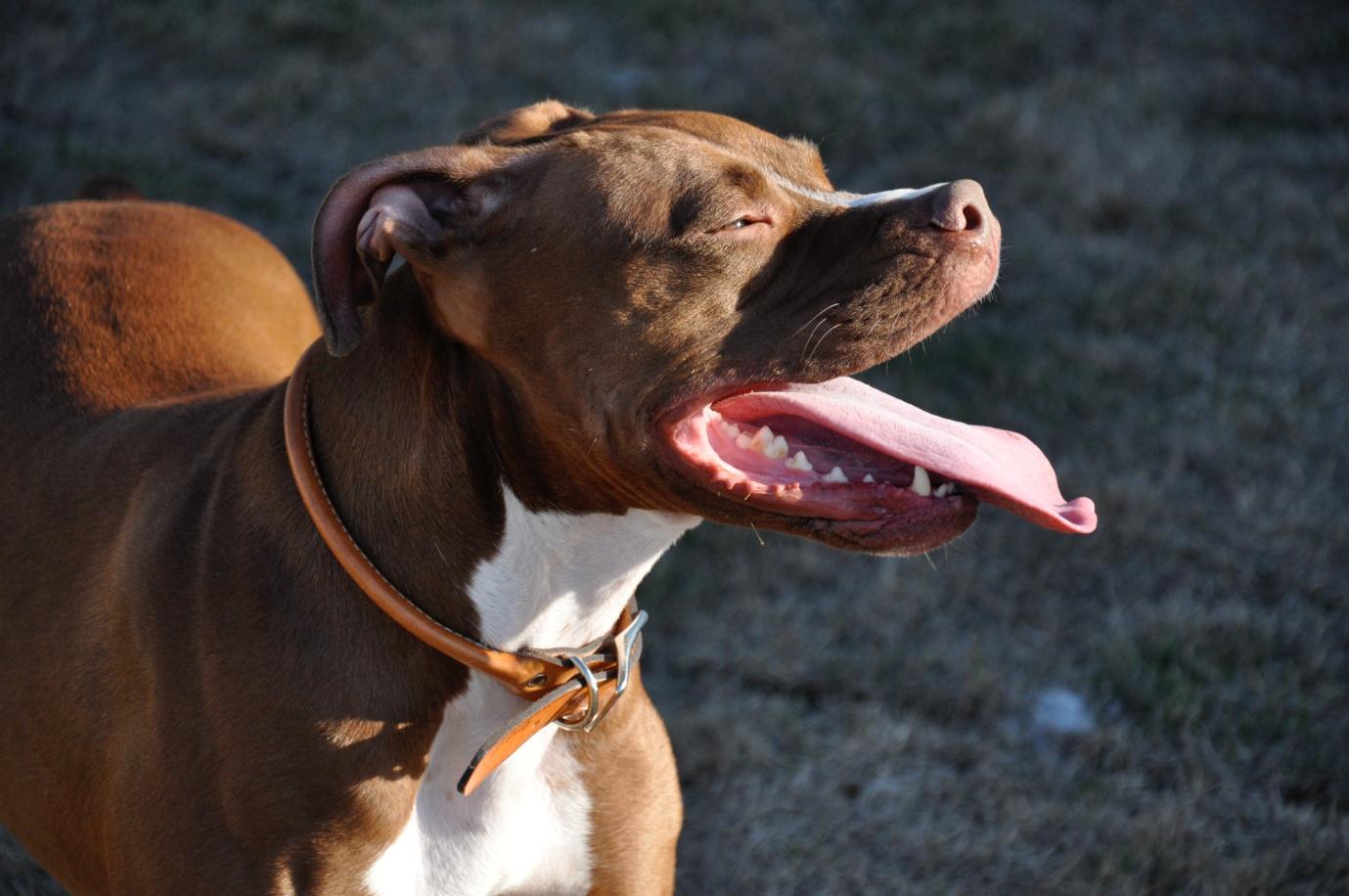The United Kingdom takes a firm stance against the illegal wildlife trade, recognizing its profound impact on the environment and the survival of many species. With a commitment to combating this criminal industry, the UK government works internationally and domestically to address the complexities of wildlife trafficking.
In this post, we’ll share an overview of UK wildlife trafficking laws and actions the government is taking to curb the practice of trading and owning illegal pets.
An Overview of UK Wildlife Trafficking Laws and Regulations
In the United Kingdom, wildlife trafficking involves the unlawful trading, smuggling, poaching, capturing, or gathering of endangered species, protected wildlife, and illegal pets. This includes:
- Dog breeds like the Pitbull Terrier, Japanese Tosa, and Dogo Argentino
- Wild-caught birds like the Golden Eagle or Barn Owl
- Primates like chimpanzee or gibbons
- Certain iguana species
- Large pythons
- Endangered species like Amur Leopard or European Eel
- Protected wildlife like the African Elephant, Bengal Tiger, Panda, etc.
Here are some of the laws and regulations governing wildlife trafficking and illegal pet trade in the UK:
- Animal Welfare Act 2006:The Animal Welfare Act is a key piece of legislation in the UK that covers the welfare of animals, including those involved in pet trafficking. It outlines individuals’ duty of care towards animals and includes provisions against causing unnecessary suffering, improper transportation, and inadequate living conditions.
- Pet Travel Scheme (PETS):PETS is a system that allows pets to travel between certain countries without quarantine. While this scheme primarily focuses on preventing the spread of diseases, it indirectly addresses issues related to pet trafficking by establishing requirements for identification, microchipping, and vaccinations.
- Microchipping Regulations:Microchipping is mandatory for dogs in the UK. This regulation aids in tracing and identifying pets as a preventive measure against pet trafficking and ensuring accountability for pet owners.
- Breeding and Sale Regulations:Various regulations govern the breeding and sale of pets in the UK. Breeders and sellers are typically required to adhere to licensing and welfare standards to prevent the exploitation and mistreatment of animals.
- RSPCA Act 1933: The Royal Society for the Prevention of Cruelty to Animals (RSPCA) Act grants powers to the RSPCA to investigate and prosecute individuals involved in animal cruelty, including cases related to pet trafficking.
- Customs and Excise Regulations:Authorities at borders and customs may enforce regulations to prevent the illegal transportation of animals, including pets. This helps curb unlawful activities related to pet trafficking.
- Animal Welfare (Licensing of Activities Involving Animals) Regulations:This legislation sets licensing requirements for individuals or businesses involved in certain activities concerning animals, including selling pets. Compliance ensures that pets are raised and sold in conditions that meet welfare standards.
Criminalization in Wildlife Trafficking Laws
In wildlife trafficking laws, criminalization designates certain activities as criminal offences, subject to severe penalties. This approach aims to combat the illegal trade, smuggling, and exploitation of wildlife by imposing legal consequences on those engaging in such activities. Criminal offences related to wildlife trafficking in the United Kingdom encompass a range of actions, each associated with specific penalties to deter potential violators.
Below are the most common offences and penalties for illegal wildlife trade in the UK:
- Illegal Poaching:Engaging in the illegal hunting or trapping of protected species, such as the critically endangered Amur Leopard, can result in imprisonment for up to one year or substantial fines.
- Illegal Processing:Offences involving the processing of illegally obtained wildlife products, such as milling timber or manufacturing goods from protected species, can result in legal consequences, including fines and imprisonment.
- Trafficking, Transportation, Sale, and Supply:Engaging in commercial activities related to wildlife products, including trafficking, transportation, sale, or supply, without proper documentation or authorization, may lead to criminal charges with penalties ranging from fines to imprisonment.
- Illegal Pet Ownership: Keeping wild animals as pets, including species protected by conservation laws, can lead to criminal charges. Examples include owning an exotic parrot without proper documentation or acquiring a rare snake through illegal trade channels.
UK Government’s Commitment to Action Against Illegal
The United Kingdom has committed robustly to combating illegal wildlife trade (IWT), recognizing its severe environmental and criminal consequences. In alignment with this commitment, the UK government has played a pivotal role in global efforts to address IWT. Notably, the London Conference on the Illegal Wildlife Trade, held in February 2014, marked a significant initiative. The conference aimed to secure high-level political commitment globally, urging governments to address illegal wildlife trade comprehensively, considering criminal justice, international security, socio-economic development, and environmental aspects.
To substantiate this commitment, the UK government allocated a £10 million fund to support anti-IWT efforts. This fund is instrumental in fostering action in developing countries, focusing on diminishing poaching opportunities, enhancing economic prospects, ensuring security, promoting good governance, and raising awareness to reduce the demand for illegal wildlife products. The financial support extends to various organisations, including governments, charities, and non-governmental organisations (NGOs), aligning with the outcomes of the London Conference.
The UK government continues actively engaging in international collaborations, supporting organisations like the International Consortium on Combating Wildlife Crime (ICCWC) and contributing to the Convention on the International Trade in Endangered Species of Flora and Fauna (CITES).
Final Thoughts
The United Kingdom’s unwavering commitment to eradicating illegal wildlife trade is a testament to its dedication to environmental conservation and global security. The UK sets a formidable example for international cooperation through collaborative initiatives, financial support, and active engagement. As efforts persist, the hope is to create a world where wildlife thrives, free from the shadows of illegal trade and exploitation.


